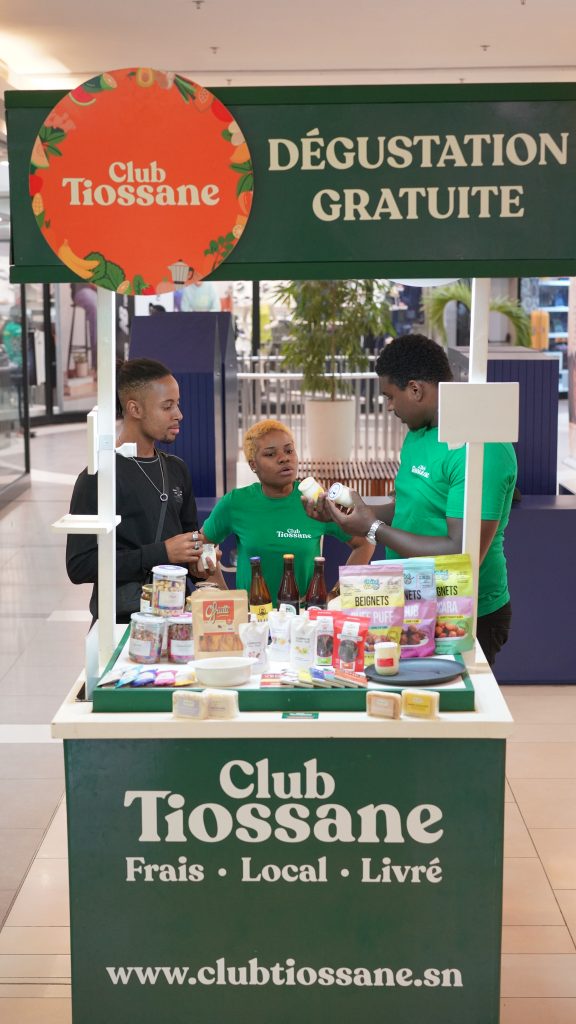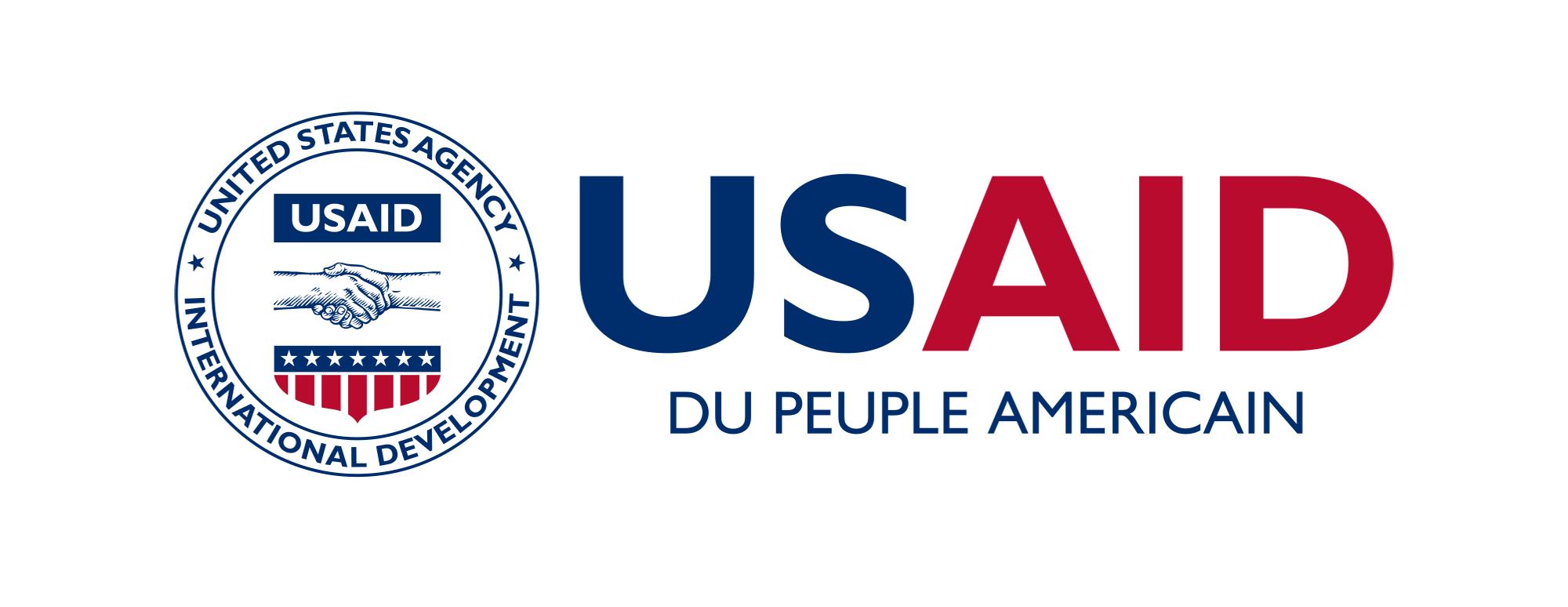In Senegal, Club Tiossane—an online, multi-channel delivery service—is working to provide market access for food producers in Senegal. Club Tiossane identifies and sources from hundreds of local food businesses to then distribute products to households, supermarkets, gas stations, and informal shops. In the last year alone, suppliers’ sales grew three times faster than the previous year. Starting as a home-delivery service, Club Tiossane evolved into a generalist distributor, its mission is to create market opportunities and promote the emergence of producers and processors working in the agricultural sector by increasing their ability to sell.
When the pandemic began to grow in late 2019-early 2020, Club Tiossane was set up after being incubated for three years by La Laiterie du Berger, another USAID-funded West Africa Trade & Investment Hub (Trade Hub) grantee in Senegal. During the pandemic, when movements were restricted, producers located in rural areas could no longer access urban markets where most of their products were sold; meanwhile, urban consumers were reluctant to shop in busy retail spaces.
Club Tiossane saw a unique market opportunity to expand on its already existing business of distributing La Laiterie du Berger’s fresh milk and yogurt products directly to the doorsteps of Dakar homes by adding the distribution of vegetables, fruits, and groceries. This expansion required significant investments to increase Club Tiossane’s overall capacity. As a start-up, Club Tiossane could not access debt or equity financing at a time when investors were still unsure of how to adequately respond to the global health crisis (COVID-19). Club Tiossane relied on capital injection from La Laiterie du Berger and its early investors. However, this capital was not enough to enable Club Tiossane to take advantage of the benefits offered by the market.
Faced with this constraint, Club Tiossane applied for and was awarded a USAID co-investment grant of $495,194 through the Trade Hub, under its COVID-19 Rapid Response. Club Tiossane was expected to leverage on the co-investment grant to catalyze $1.96 million in private investment to focus on capacity building.
After its liquidity was bolstered by the USAID-Trade Hub grant, in less than 12 months of implementation Club Tiossane acquired nine new delivery trucks, thereby increasing its overall fleet to 16; rolled out an updated mobile and desktop application that made it easy to navigate the site and improved customer experience; increased its storage capacity from 10 metric tons (MT) to 45 MT; renovated its warehouse in Thiaroye, which greatly improved stock handling; increased security, and also provided a decent workstation for its staff. As Club Tiossane improves its business operations, youth and women representation are a central focus of its impact objectives.
Overall, this improved capacity also enabled Club Tiossane to meet the market needs by partnering with over 300 Senegalese small producers and processors to improve their distribution and sales. Apart from buying the output of local food producers, Club Tiossane leveraged another USAID/Senegal Feed the Future activity, Nafoore Warsaaji, to provide technical training to producers and small processors.
“Club Tiossane strengthens local food producers by giving them access to market: bringing their products to where people will buy them, be that through home delivery or distribution to a supermarket, gas station, or neighborhood shop,” said Edward de Fouchier, CEO of Club Tiossane. “The support provided by the Trade Hub has enabled a significant increase in our logistical capacity, allowing us to handle more goods from more producers and bring them to more places of consumption. The sales of our suppliers increased more than fourfold since the beginning of the partnership with USAID’s Trade Hub.”
When government authorities around the world began to ease pandemic-induced travel restrictions in 2022, and life was becoming “normal” again in Senegal, it was not clear how much more the home-delivery market could grow. As a result, the Trade Hub encouraged Club Tiossane to explore alternative sources of revenue. Furthermore, Club Tiossane’s investors also pushed the company to adjust its business model to ensure that its revenue became predictable and stable to enable the company to reach profitability.

To this end, Club Tiossane added two more segments: Modern Trade, which designates supermarkets and gas stations; and the informal sector, the 20,000 small informal neighborhood shops where an estimated 95 percent of Senegalese households buy their groceries. The launch of its informal sector distribution channel has been particularly exciting, with month-on-month growth well into the double-digits. After allocating enough trucks to test the business of delivering to the informal sector, Club Tiossane is scaling up and is well on its way to becoming profitable by the end of 2023.
Club Tiossane believes that its three segments present a unique opportunity, which, if well-developed, will change the way consumers shop and how producers sell.
“In a market where a fast-growing population needs convenient access to food, we believe there’s an amazing opportunity to improve the way food gets distributed to where people buy it—and thousands of good, sustainable jobs to be created along the way,” said Edward de Fouchier, CEO of Club Tiossane.

